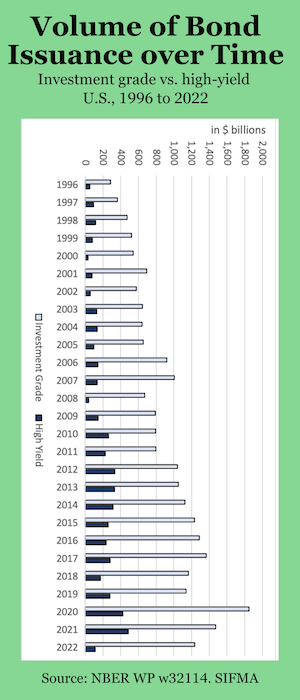Just in time for Halloween, Fidelity Clearing & Custody Solutions (FCCS) announced a “Mystery Shopping” program for registered investment advisory firms.
That’s correct. Real investors—not actors—will pose as typical prospects, interact with financial advisors, and then report their levels of satisfaction with the sales process to the advisor’s firms.
Sounds scary, especially for the advisors who don’t know they’re being evaluated.
A unit of Fidelity Investments, FCCS has hired two independent market research firms to conduct the program. FCCS clearing and custody clients—registered investment advisors (RIAs), retirement plan recordkeepers, broker-dealers, banks and insurance companies—will get a price break when they use the program.
To get an “A” on this test, advisors should try to make a warm first impression. In its release, FCCS cited Cerulli research showing that today’s advisors believe clients choose them on the basis of their “personable image” and “high-touch service” much more than for an “exclusive or high-end image.”
“Advisors need to be keenly aware of how they may ‘fit’ with each prospect,” said David Canter, executive vice president, practice management and consulting at FCCS. “Mystery Shopping can provide that outside perspective to firms so they improve their first interactions with clients.”
The Mystery Shopping program is part of Fidelity’s Relationship Quality Framework, an overall approach to help map a client experience to the stages of a client’s journey with a firm, starting with the prospect experience.
To run the program, Fidelity hired HawkPartners and GfK, two market research firms with mystery shopping experience for various non-financial industries. The “shoppers” will be looking for misbehaviors such as:
- Missing key client details during the discovery process
- Touting a “personalized” experience while using an automated phone system
- Excluding key associates from the sales process
- Hosting a website that does not reflect the firm’s brand
- Understanding potential clients’ perceptions of an office setting
- Providing confusing directions to the firm’s office
Fidelity offered a testimonial from Brighton Jones, a Seattle firm that has used the program. Tyler Mayfield, the firm’s chief operating officer, called the program “an ideal research tool to uncover insights that we’ve now translated into an improved approach for initial prospect conversations.”
© 2016 RIJ Publishing LLC. All rights reserved.


